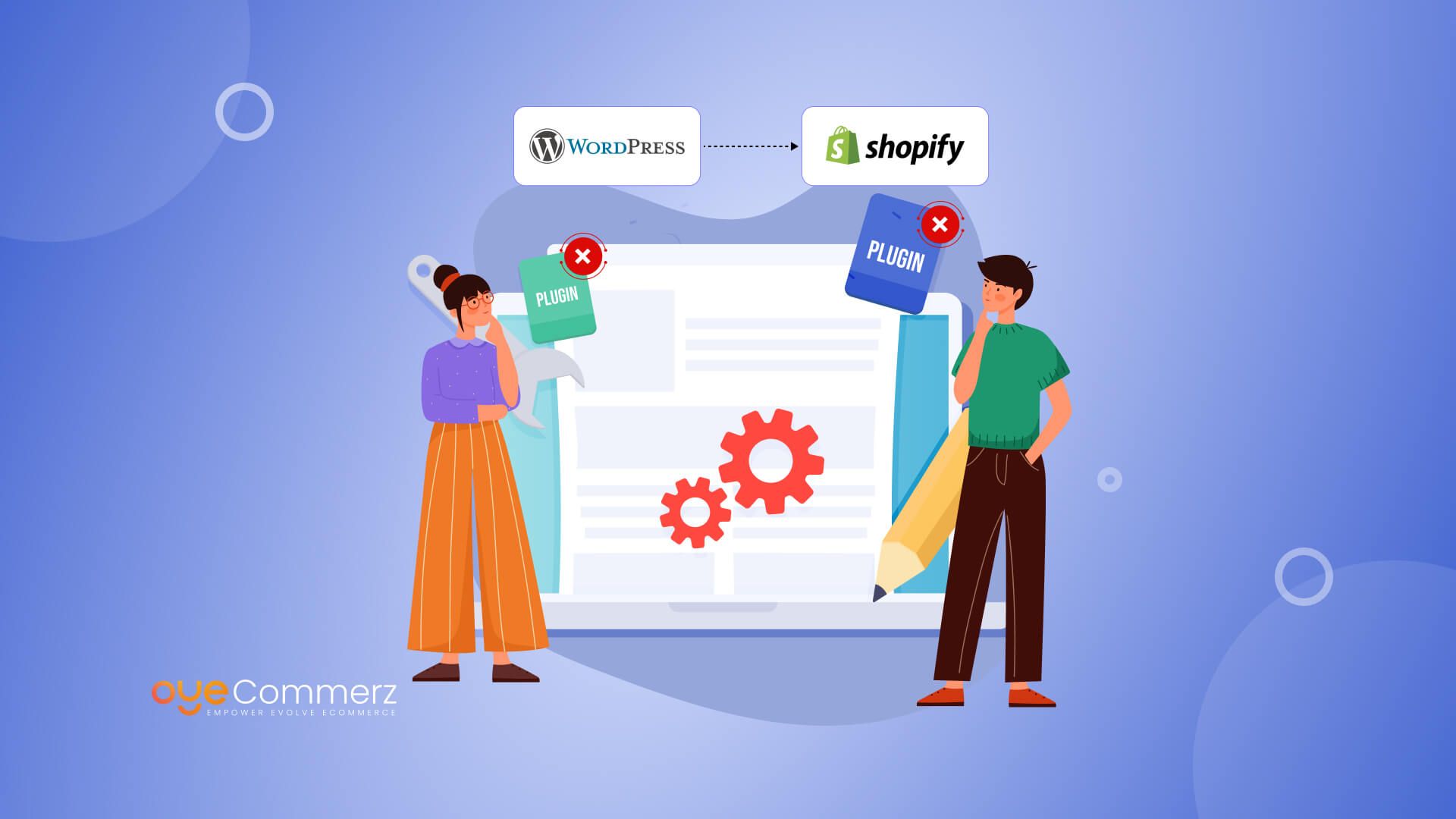In the dynamic sphere of digital commerce, picking the best system is essential for your company’s prosperity. If you’re at the moment using WP and planning a migration to an alternative, you’re not by yourself. Numerous businesses are making this transition to leverage Shopify’s robust features, simplicity, and scalability. This guide will guide you on the journey of migrating from WP to Shopify seamlessly, ensuring that you achieve your online retail potential.
Why Transition from WordPress to this platform?
Prior to starting the migration process, it’s essential to realize why this change can be beneficial for your eCommerce business:
Intuitive Design: Shopify offers an intuitive system that streamlines store management, making it easier for non-technical users.
Flexibility: As your company grows, Shopify can support greater traffic and sales without sacrificing speed.
Integrated Features: Shopify provides integrated tools for search engine optimization, analytics, payment handling, and more, minimizing the necessity for multiple plugins.
Advanced Safeguards: With Shopify, you get access to robust security protocols that safeguard sensitive customer details.
Steps for a Seamless Migration
Migrating your eCommerce site from WP to Shopify involves key steps.
Here’s steps to achieve a smooth transition:
Outline Your Migration Strategy
Kick-off by drafting your migration blueprint. Pinpoint which components of your existing site you want to migrate, such as:
Product data
User details
Order history
Posts
Choose the Appropriate Migration Solution
Based on your preferences, opt for a migration service that fits your eCommerce Shopify feature comparison goals. OyeCommerz delivers various plans:
Basic Migration Package: Perfect for small stores with fewer products.
Regular Option: Appropriate for growing businesses with more complex demands.
Premium Migration Package: Excellent for high-volume stores requiring custom customization.
Backup Your Information
Ahead of beginning the migration, guarantee that you have a complete copy of your WP site. This action is essential in case anything goes off track during the move.
Extract Your Content from WordPress
Leverage tools or custom scripts to transfer essential information from your WordPress site:
Items
Customers
Sales records
Content pieces
Upload Data into Shopify
After you have your information exported, use Shopify’s import tools or third-party apps to upload your content into your new store. Ensure that all data is accurately structured and placed.
Adapt Your Shopify Site
Once migrating content, adjust your Shopify site’s theme to match with your business goals. Think about hiring a specialist if you require advanced customization.
Configure Checkout Systems and Shipping Options
Arrange billing solutions and delivery choices in Shopify to ensure a user-friendly purchase experience for customers.
Apply Search Engine Optimization Best Practices
To keep your search engine rankings during the transition:
Implement 301 URL mappings from previous URLs to updated ones.
Update metadata.
Optimize images and content for SEO.
Review Your New Store
Before scalable eCommerce solutions going live, thoroughly test your Shopify store. Look out for any errors, transaction errors, or untransferred content.
Go Live Your Platform
After everything is in ready, it’s the moment to go live! Share the change to your clients and encourage them to explore the new offerings of your Shopify store.
Post-Migration Guidance
Even after launching your updated store, regular support is key. Explore engaging experts who can guide with:
Technical support
Promotional campaigns
Enhancing features
Conclusion
Migrating from WP to this platform can be a crucial decision for your digital business. By using this guide and utilizing experts like those offered by dedicated providers, you can ensure a seamless transition that improves your business potential. Adapt to the shift and unlock the full capabilities of Shopify today!
